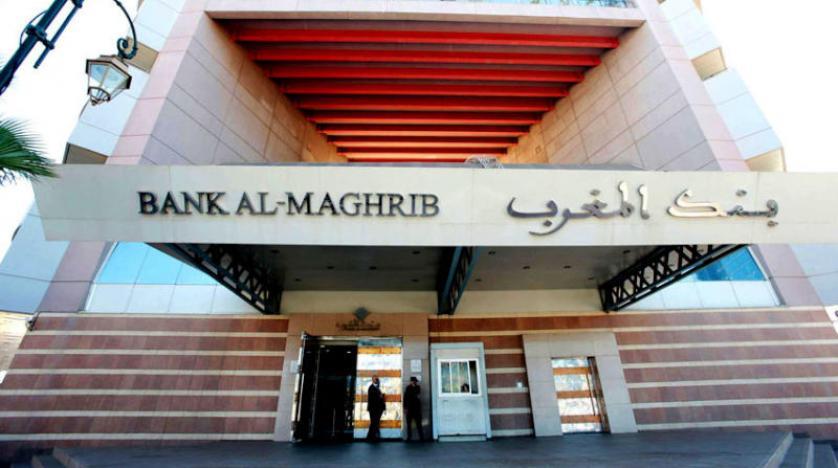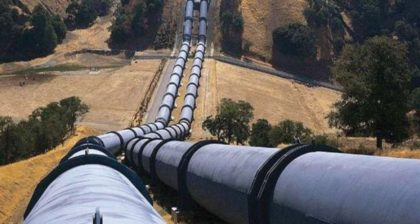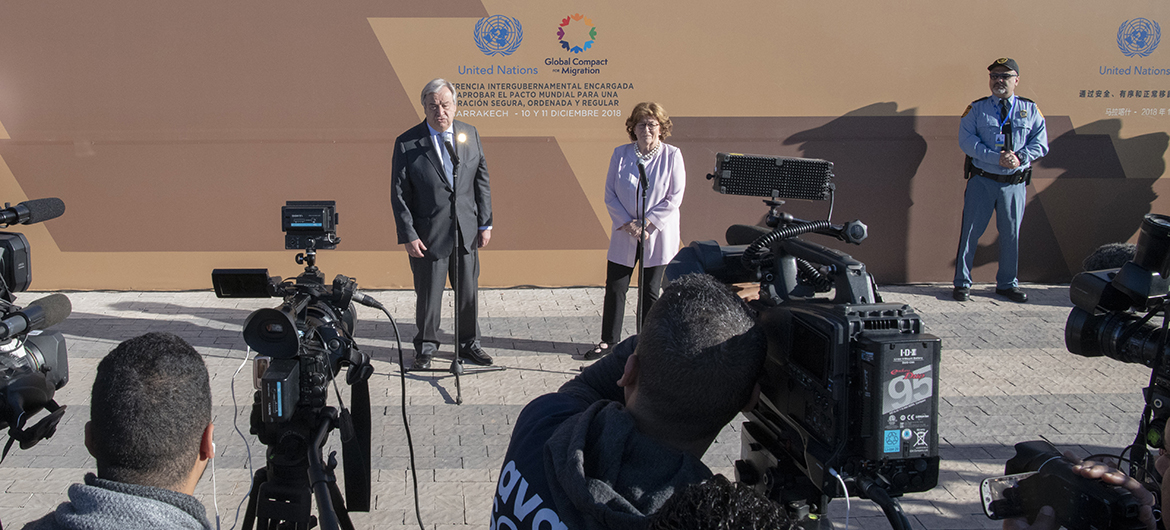Morocco’s central bank will hold its second meeting this year on June 21 to take key monetary policy decisions with analysts predicting the bank to increase key borrowing rates to mitigate the impact of imported inflation.
Morocco has maintained the key interest rate at an all-time low of 1.5% since June 2020 to spur the economy and help it withstand the impact of the Covid-19 pandemic. It has also canceled reserve requirements for banks and met all cash supply requests from banks.
But, the advent of the war in Ukraine has disrupted markets and worsened inflation that was already rising on the back of the recovery of the global economy as Covid-19 abated.
The US federal reserve has swapped its quantitative easing with quantitative tightening hiking rates to control inflation. The European Central Bank followed suit with the first rate increase in ten years. Other central banks in major economies are doing the same.
Moroccan economists fear an increase of borrowing rates could affect growth that is already sluggish with forecasts not exceeding 1.5% this year due to drought and imported inflation.
The specter of stagflation is now haunting the Moroccan economy like other emerging markets suffering from inflation and low growth rates.
Inflation hit 5.9% in April, triggered mainly by foodstuff. The Moroccan government fears the prices of fuel would further worsen inflation as the country imports all its refined oil products.
The government has offered cash handouts to transporters to keep prices stable and continues subsidizing bread, sugar and cooking gas which would double the allocations for the subsidies fund from 17 billion dirhams set out in the budget to 32 billion dirhams.
The central bank is therefore before a delicate balancing act between maintaining an accommodative monetary policy to spur growth or hiking rates to control inflation.
Last March, the bank kept its key interest rate unchanged saying inflation “was not structural.” But as the conflict in Ukraine drags on stoking uncertainties with the slow recovery of the global supply chains, high inflation is expected to last longer.



